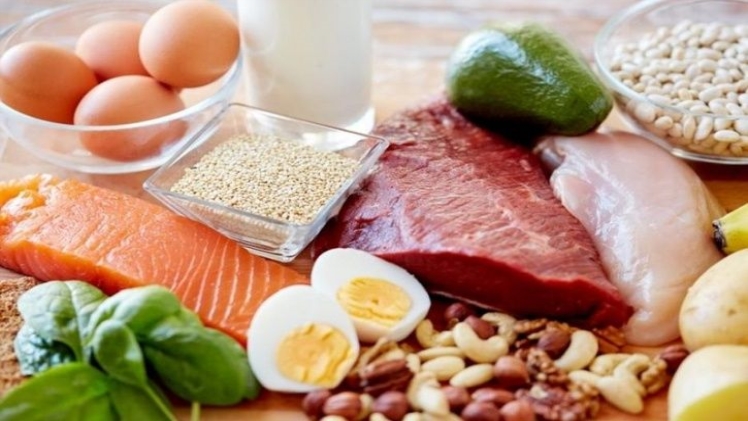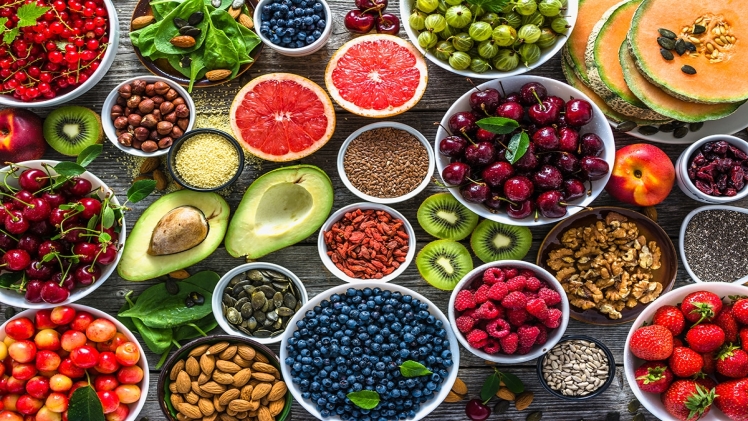Nourish Yourself With Protein

Protein provides structure in the body in the form of connective tissue, bone, hair, and muscle. It creates the framework of antibodies in the immune system, of hormones like insulin and gastrin in the digestive system, and of neurotransmitters in the brain. Protein, through the formation of enzymes, controls every chemical reaction in the body. From a dietary perspective, protein serves as a slow fuel energy source, along with fat and complex carbohydrates
With such a wide range of potential protein intake, it can be beneficial to seek individualized advice. A naturopathic doctor can assess your individualized dietary needs relating to metabolic health, healthcare goals, and medical concerns and determine a healthy range of protein intake. For those with a history of kidney disease, it is essential to get guidance on protein intake, because excess protein can place stress on the kidneys.
Now that we have detailed the macronutrients (fat, carbohydrate, and protein) and emphasized the need to include all three in a healthy diet, we will focus on the smaller, but still important micronutrients. Vitamins and minerals are micronutrients that occur in very small quantities in food. Vitamins occur mostly in plant and animal sources, while minerals can be found in plant, animals, water, and soil. By eating a whole foods-based diet, you will naturally introduce rich sources of vitamins and minerals into your body.
You can find out the most important news here 9xnews. You can also visit here to know about 123news.
Conclusion
The importance of consuming adequate amino acids—and therefore protein —cannot be understated in terms of its impact on a healthy body and a healthy mind. Recall the various roles of protein in the body that include supporting the physical structure of the body as well as hormone and neurotransmitter production.
Visit this site: edweeksnet to get various latest news and you can also check out this site: dpreviews.




